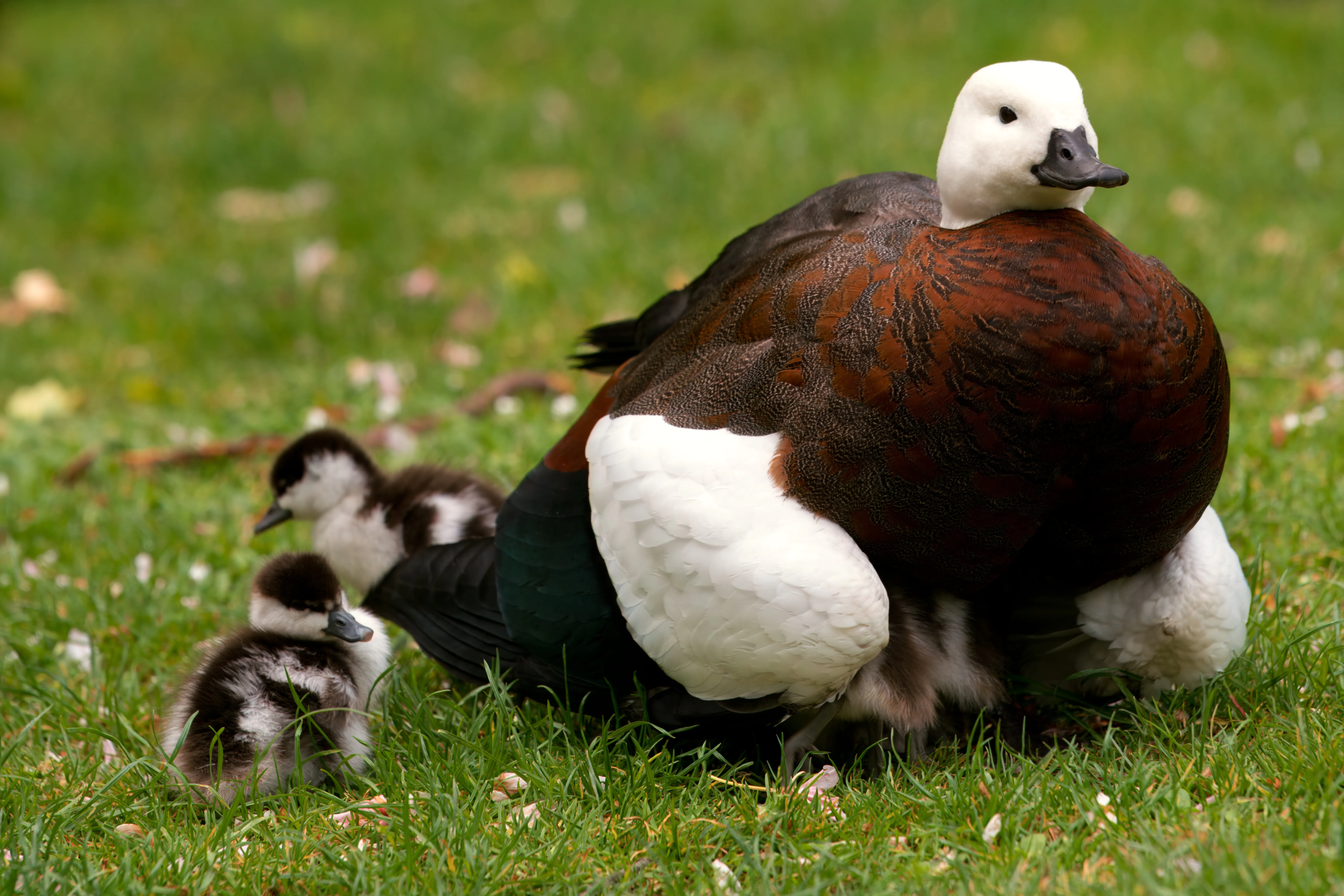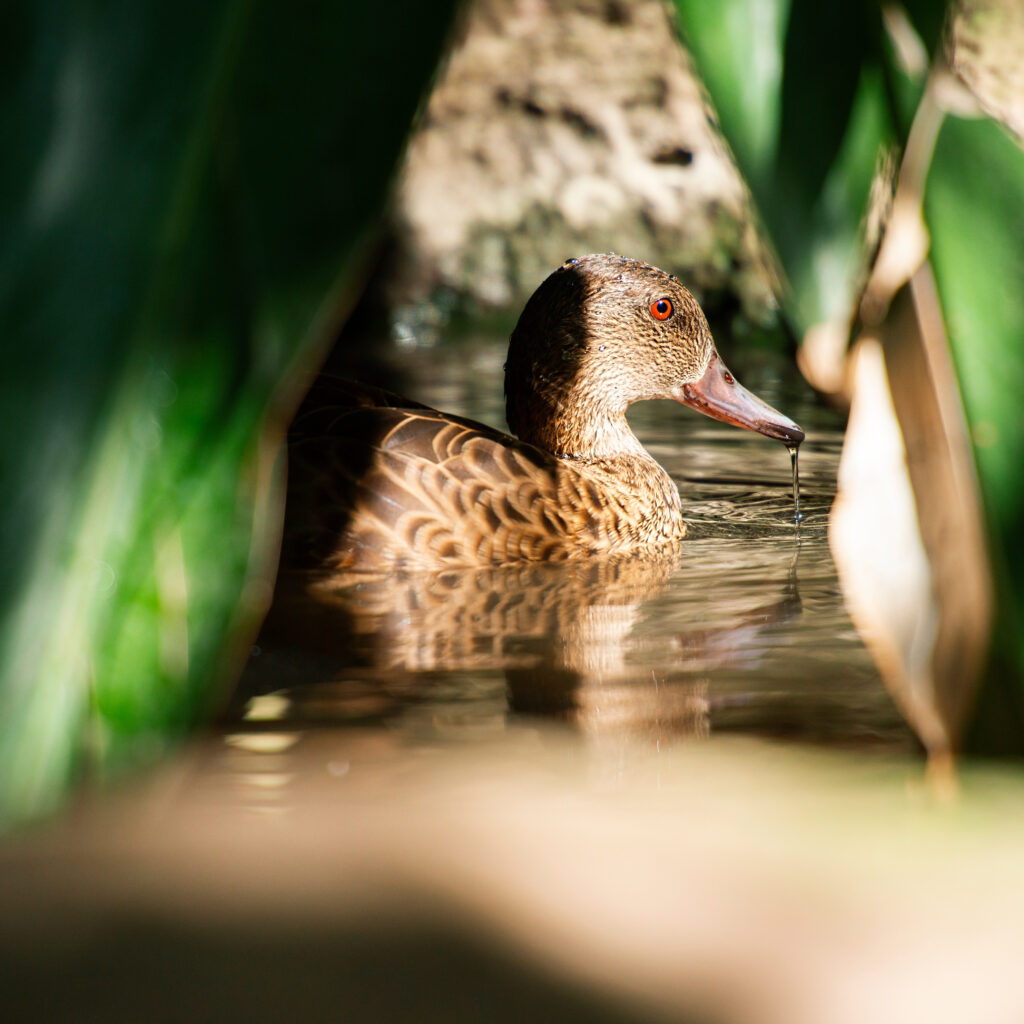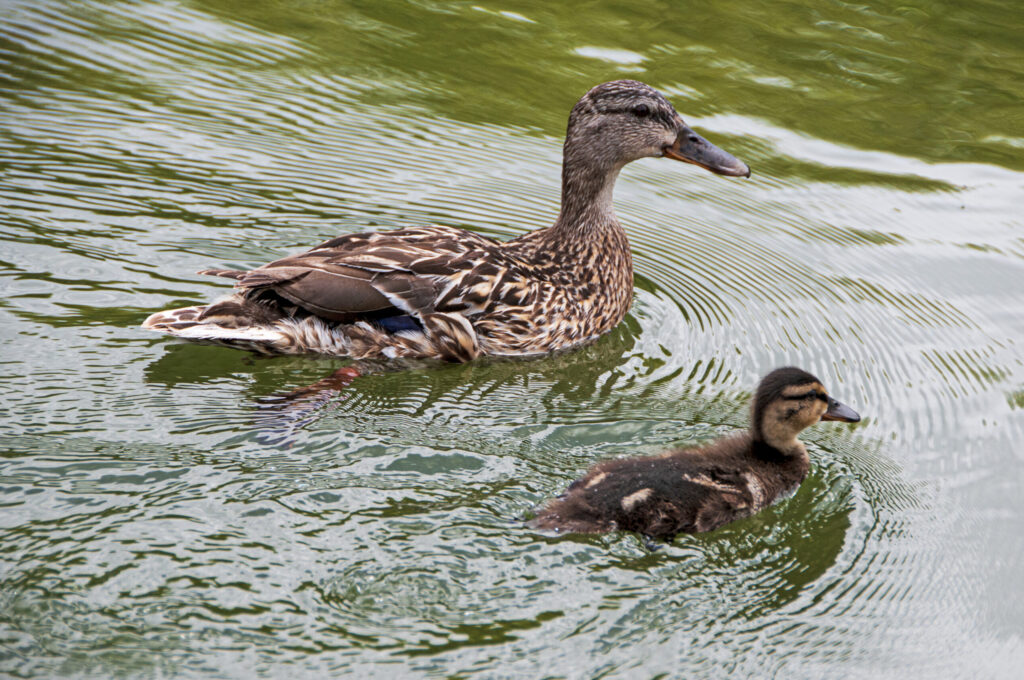
Bird shooting in Aotearoa: a tradition of unchecked cruelty
May 30th, 2025Every year in Aotearoa, hundreds of thousands of birds are shot or left injured on the very wetlands they call home, during the so-called game bird shooting season. Despite being marketed as a family-friendly, recreational activity, this sport is anything but – causing unimaginable harm and suffering.
More than 650,000 birds were recorded as being killed during the 2024 shooting season according to Fish and Game NZ. Species permitted to be hunted during bird shooting season included mallard ducks, pūtangitangi (paradise shelducks), black swans, pukēko, Canadian geese, California quail and pheasants.
As a nation, Kiwis take immense pride in our bird protection and conservation efforts, yet the shooting, injuring, and killing of these creatures stands in direct contradiction to the values that most New Zealanders hold dear. The shooting, maiming, and killing of birds has no place in Aotearoa, and it is time for a change.
A sport of suffering
Studies estimate that up to 33% of birds shot are not killed instantly. This is, in part, because hunters typically use shotguns, which discharge a spray of small metal pellets rather than a single projectile. While this spread increases the chance of hitting a fast-moving bird, it also makes shotgun injuries particularly cruel. Birds caught on the outer edge of the pellet spread may be struck by only one or two pellets — often enough to cause serious injury, but not an instant death.
Some injured birds may drown in the water, while others may be captured by shooters or dogs, only to have their necks broken. Birds that manage to escape may face days or even weeks of suffering, eventually succumbing to their wounds or infection – or surviving with life altering injuries.
Despite this risk of immense animal suffering, New Zealand authorities have conducted no formal investigations into the welfare impacts of bird shooting. This lack of inquiry reflects a systemic disregard for the pain and suffering inflicted on birds during shooting season.

Protected species at risk
Protected birds are at risk of being shot or injured because they are difficult to distinguish from species that are permitted to hunt. The tētē-moroiti (grey teal duck) and pāteke (brown teal duck) are ‘absolutely protected’ at all times, yet they closely resemble the mallard and shoveler ducks, which are allowed to be hunted. With similar colourings, it’s nearly impossible for hunters or bystanders to tell the difference, especially from a distance.
Concerningly, the impact of bird shooting season on protected bird species remains unknown, as the Department of Conservation (DoC) does not monitor protected bird populations before or after the shooting season. Additionally, DoC does not maintain centralised records of protected species being shot during game bird shooting season.
No legal protection
Shockingly, the Animal Welfare Act 1999 does not protect “game” birds during shooting season. Instead, Fish & Game NZ and DOC are both responsible for ensuring hunters comply with the Wildlife Act which makes no mention of any animal welfare protections for Game birds. It is only Fish and Games regulations, which are not enforceable by law, that ask hunters to retrieve injured birds and end their suffering.
Even if these regulations were legally enforceable, ensuring compliance would remain a significant challenge. With hundreds of thousands of birds shot each year, effective monitoring is severely limited. Moreover, allowing Fish and Game to oversee the welfare outcomes of the very birds they promote as hunting targets presents an inherent conflict of interest. The organisation employs just 73 staff across the entire country and relies heavily on members of the public to report breaches, making it virtually impossible to guarantee that all hunters are following the rules.
No skills required – defenceless birds at the mercy of anyone
Hunters are not required to pass any tests to obtain a game bird hunting license. This means that anyone—regardless of their knowledge of protected species, understanding of hunting laws and regulations, or experience with firearms—can legally hunt and kill birds during the season. There is also no mandatory shooting accuracy test, meaning even those with little to no practical shooting skill can participate. As a result, countless birds are at risk of suffering slow, painful deaths from poorly aimed shots.
Disturbingly, children as young as 12 are legally permitted to shoot birds, provided they are under adult supervision. Even more alarming, children aged 11 and under can accompany adult hunters into the field. This means that wild birds—sentient, sensitive animals—can be shot at by children who may lack the maturity, emotional understanding, or skill to ensure a quick kill. The normalisation of exposing children to such violence not only risks greater suffering for birds but also raises serious ethical concerns about teaching young people to treat living beings as targets.
You can help today
You can make a lasting difference for birds by calling for a Commissioner for Animals in Aotearoa. We need an independent representative in Parliament who can champion the legal rights of animals and give them a voice at the highest level.

